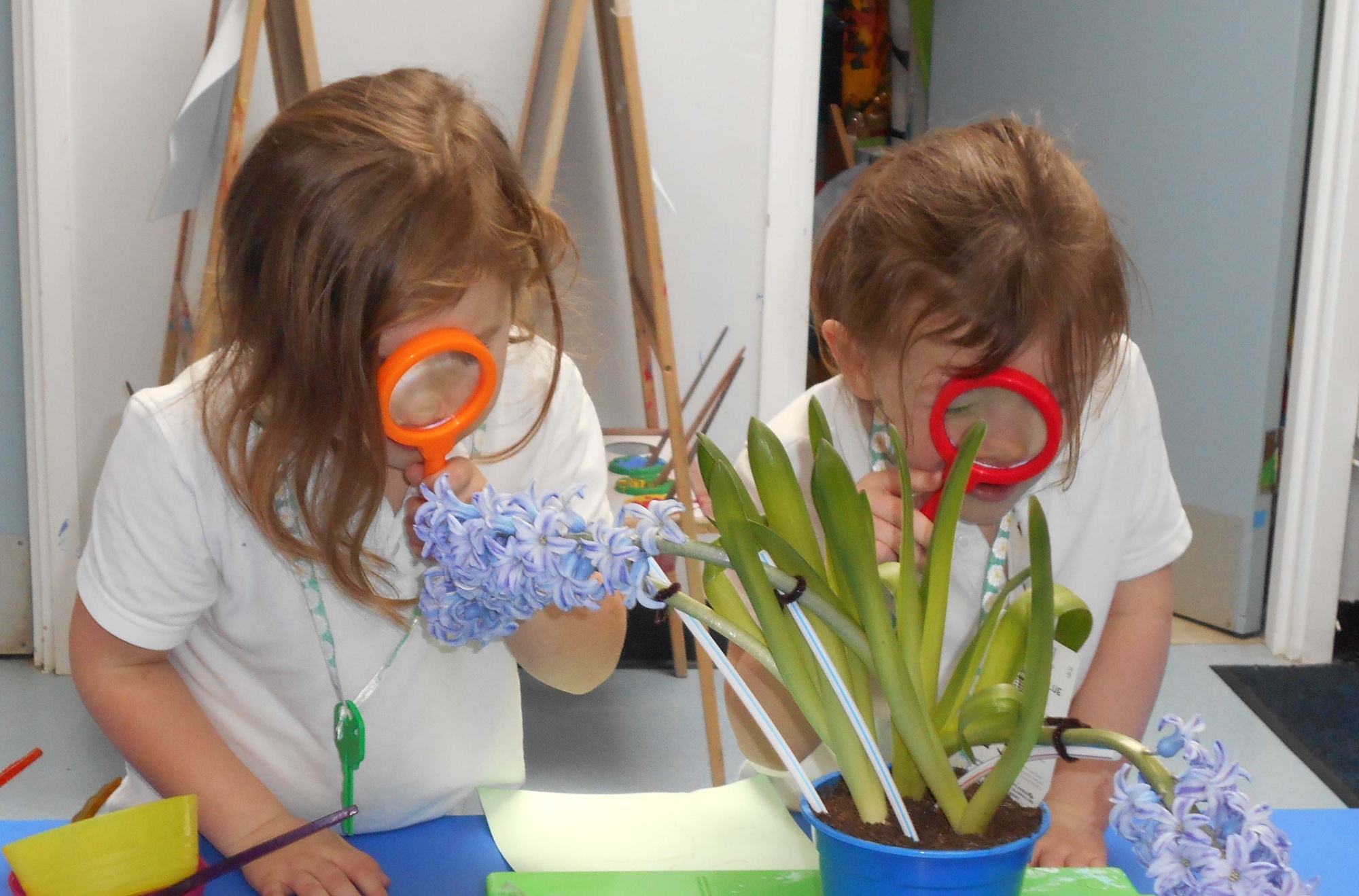Phonics (including Curriculum Intent, Implementation and Impact statement)
Intention (Why do we teach what we teach ?)
We follow the Twinkl Phonics scheme so that our learners:
- Are taught a coherent sequence of lessons that builds upon prior knowledge from pre-school/nursery
- Are introduced to phonemes, sounds & graphemes, and letters systematically
- Develop and apply blending and segmenting skills for both reading and writing
- Are provided with opportunities to apply their phonic knowledge when reading and spelling
- Are exposed to and taught phonetically decodable two-syllable and three-syllable words and the alternative ways of pronouncing and representing the long vowel phonemes
- Explore spelling patterns and grammar, alongside developing a breadth of knowledge, skills and understanding in the recognition and spelling of common exception words
- Develop confidence, resilience and engagement in phonics lessons and a love for reading and writing
- Can access a targeted intervention programme in Key Stage 2 (Codebreakers), if our staff feel that this is required
Implementation (How do we teach it ?)
Our Phonics curriculum is taught:
- Using the Twinkl Phonics Progression Map sets clear expectations for pupils’ progress within the Twinkl Phonics Programme
- Through a clearly defined structure to the teaching and delivery of phonics
- Through direct teacher-led lessons that enable all learners to develop and apply new skills,
- Through lesson presentations, stories, games and additional texts that are carefully planned to allow children to apply and practise phonics skills.
- Through using Twinkl Teacher guides for each stage, that allow teachers and support staff working with our children to feel confident in their own subject knowledge, and knowing that they are fulfilling the national phonics criteria
Impact (What has been the impact and how do we know?)
The impact of the Phonics curriculum at Putteridge Primary can be seen through:
- Our children’s enjoyment of reading and writing
- Our children’s skills and knowledge that demonstrates a systematic and progressive approach to the teaching of phonics
- Our children’s fluency when reading, using segmenting and blending as key tools to success
- Our children are able to read and spell common exception words accurately
- Our children’s ability to use alternative spelling choices correctly and apply these in their writing
- Our results in the statutory Year 1 phonic screening checks, when compared to both local and national data

